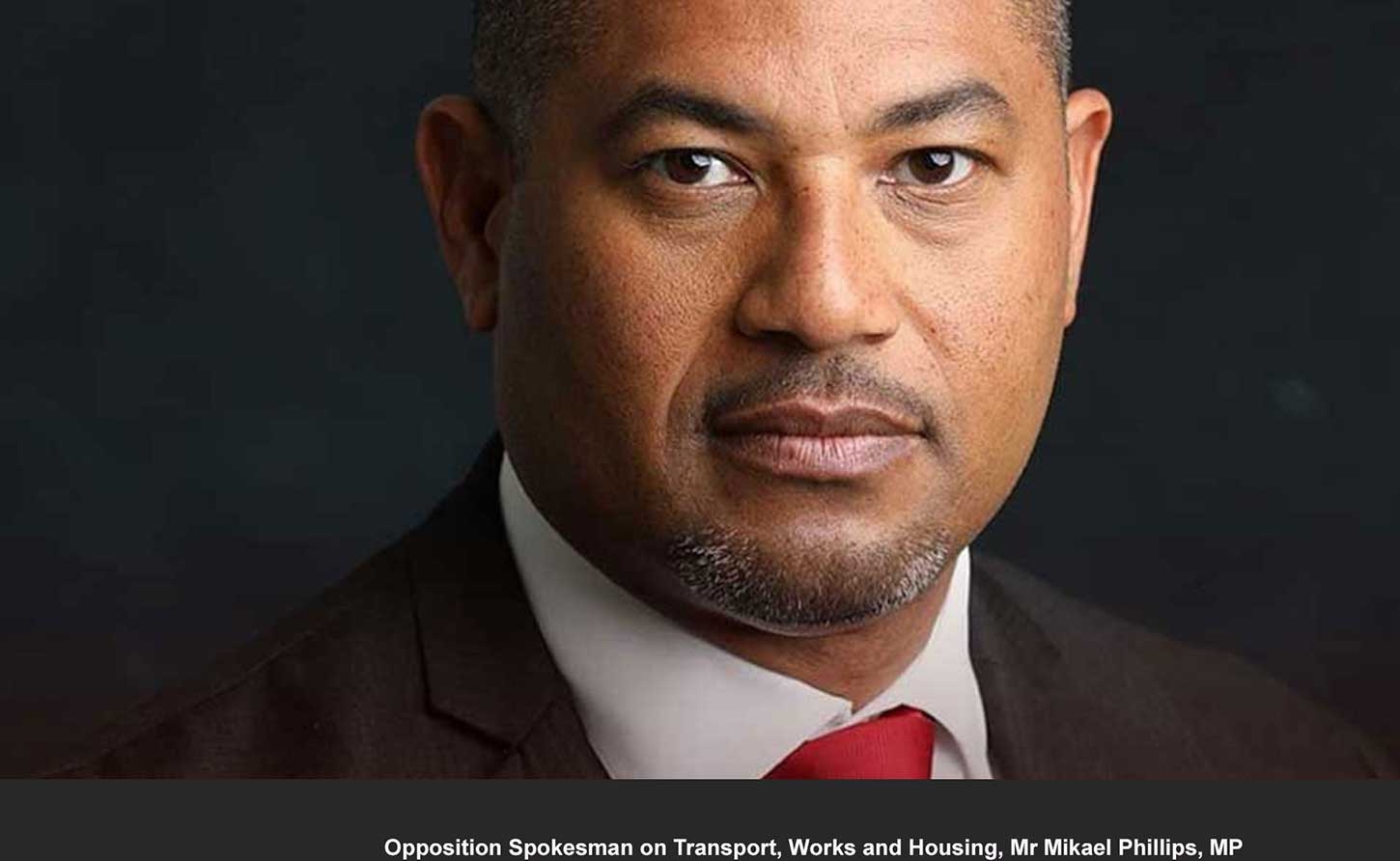JAMAICA | JUTC Abandons a Quarter of the City Routes. Wrecking Ball To Public Transport says PNP

KINGSTON, Jamaica, April 11, 2025 - In what critics are calling a devastating blow to Kingston's public transportation system, the Jamaica Urban Transit Company (JUTC) has abruptly abandoned 23 bus routes—more than a quarter of its mandated service area—potentially leaving hundreds of thousands of transit-dependent citizens stranded.
Shadow Transport Minister Mikael Phillips delivered a scathing assessment Wednesday, declaring the move "a major breach" of JUTC's exclusive license under the Public Passenger Transport Act governing the Kingston Metropolitan Transport Region (KMTR). The decision represents not merely a reduction in service, Phillips argued, but "an abdication of responsibility" by the state-owned transit operator.
"It is now clear that the Government of Jamaica, and the Minister of Transport in particular, has decided to take a wrecking ball to the JUTC, smashing all hopes of a reliable and efficient public transport service in the capital city," Phillips said.
The controversial route cancellations come amid puzzling strategic contradictions.
Even as JUTC retreats from its core urban mandate, the company has inexplicably expanded into six rural routes already licensed to private operators. Meanwhile, the government has thrown open hackney carriage licenses within the KMTR with little apparent planning or coordination.
Phillips demanded the Transport Minister provide immediate clarity on whether these seemingly haphazard decisions reflect an intentional policy shift or represent disconnected actions that could ultimately decimate the sector. "The Minister has a duty to explain if there's a coherent strategy here or just transportation chaos," he insisted.
The opposition spokesperson characterized the conversion of bus routes into taxi routes as "a retrograde step" that particularly harms Kingston's most vulnerable residents—including children, students, pensioners, the elderly, and persons with disabilities—who depend on concessionary fares unavailable from private operators.
The shift also threatens to worsen Kingston's already notorious traffic congestion, as inadequate infrastructure struggles to accommodate an influx of private taxis.
Phillips questioned whether JUTC's retreat from these routes stemmed from regulatory failures or simply an admission that the company lacks sufficient capacity to fulfill its obligations. Either explanation, he suggested, reveals a troubling breakdown in the capital's transit governance.
The Shadow Minister concluded with a call for urgent action, demanding a comprehensive plan that both enables JUTC to meet its legal obligations and provides certainty for private transportation investors—all while strengthening the Transport Authority's regulatory capabilities to ensure reliable service for Kingston's half-million transit users.
-30-
